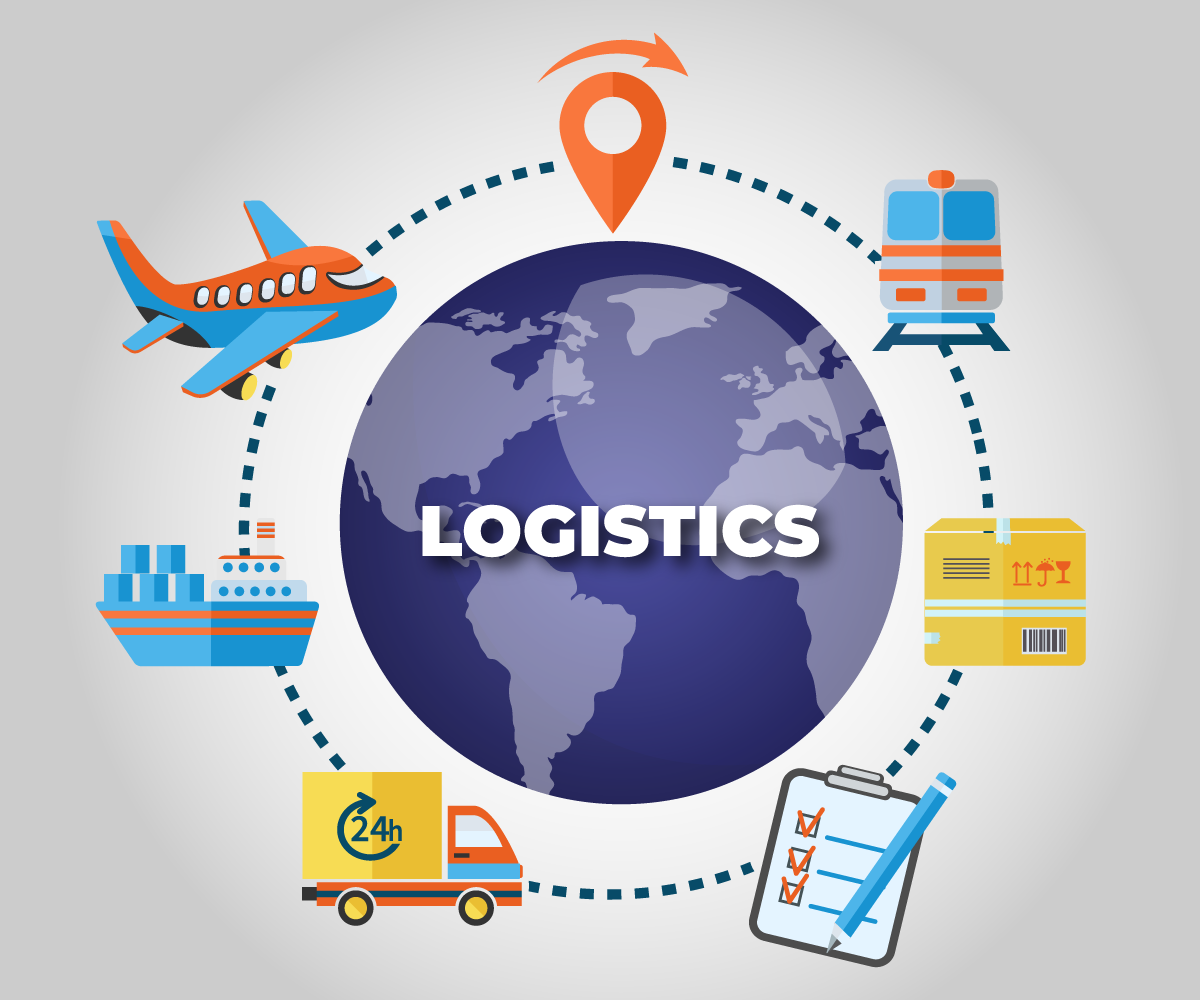
Logistics has always been a complex process, and now even more so with the incorporation of eCommerce business. The movement of goods from the manufacturer to the end-user is logistics management. It entails the proper procurement, manufacturing, fulfillment, and distribution of products to have a fully operational and efficient supply chain.
The process is complex because it has so many components. It comprises a transportation network, which includes road, rail, air or ocean shipping. It also includes suppliers, agents, distributors, packers, and freight forwarding providers. Finally, planning, inventory control, packaging, and handling along with transportation are all major components of logistics management.
Planning
Logistics managers know that without proper planning, the supply chain falls apart. Planning ensures that all aspects of the process are aligned and support the system. A plan must be created so that the flow of goods is not delayed, because once it is, the interconnected supply chain will no longer run as it should. This results in manufacturing delays, and orders that do not go out on time.
Inventory
Another important factor in logistics management is inventory levels. Logistics managers must strike a balance with inventory levels to ensure that they meet customer requirements while not having too much inventory on hand and inflate carrying costs. High inventory levels negatively affect margins.
Picking and Packing
The proper fulfillment of orders, or picking, is necessary so that orders go out correctly. Shipping goods involves materials, equipment, supplies and packaging materials so that the items are properly protected during the shipping process. These must be managed so that orders are fulfilled and shipped to the customer correctly.
Shipping
Shipping and driver cpc, whether it be by truck, air, rail or ocean, has become the most challenging portion of logistics management. The transportation of goods requires support throughout the entire process. When an order is placed, the network must work in conjunction to get the items to the customer’s door. If the shipment is international, there are even more challenges such as tax codes, customs clearance, and payment options. These are all determined before the goods are even shipped out the door.
The demand for eCommerce business has added another layer of complexity to the shipping process. eCommerce sales in 2018 in the United States topped out over $500 billion. As the industry continues to flourish, logistics managers will have to balance the cost of shipping with the demands of customers for faster and better shipping. Since transportation costs can make up to 50 percent of a company’s logistics spend, logistics managers are tasked with finding the lowest cost for reliable shipping.
Technology
Technology is playing an increasingly important role in logistics management. Data-driven logistics informs managers of changes to the supply chain allowing them to meet demand and alter the flow of goods if necessary. Logistics companies use data visualization, techniques, algorithms, and analytics to be able to make more informed decisions about how to best manage the supply chain.
eCommerce will continue to change and challenge the logistics industry. Technology will dictate how logistics management is handled by companies. Contact the experts at HLOG today for all your logistical needs.



